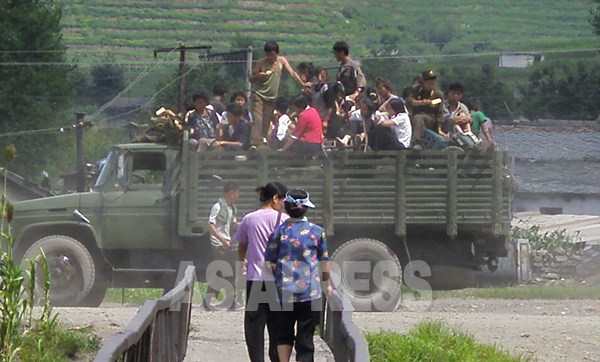
2016/Dec/22
3-2 The emergence of a marketized transport system
The marketized transport system started as the state-owned transport system collapsed.
Trucks and dump trucks started to work as passenger vehicles called “servi car.” The word “servi” comes from the English word “service.” In some areas, it is also called “boricha”–“bori” meaning to earn in Korean. The official state organizations—the military, the police, the Party, the administration, the intelligence agency, and youth associations—run the servi-car business and take passengers to their destinations for money. They also temporarily lend vehicles to individuals in return for commission fees from them. The latter case is a form of “outsourcing” where the driver has to pay for the cost of gasoline and equipment, which goes straight to the organizations.
Related Article: <Inside N. Korea> Expansion of the market economy as the driving force behind social transformation–based on sources from inside North Korea. (PART1)
A “Bori bus,” a developed version of a service car, is also a popular choice for mid to long distance transportation. People called “tonchu” (lords of money), new entrepreneurs, import second-hand buses and pay money to the government in order to operate a company under the name of the state. Since private corporations can not operate in North Korea, there are companies called “basement,” superficially operating under the name of sate-owned companies but are essentially private businesses.
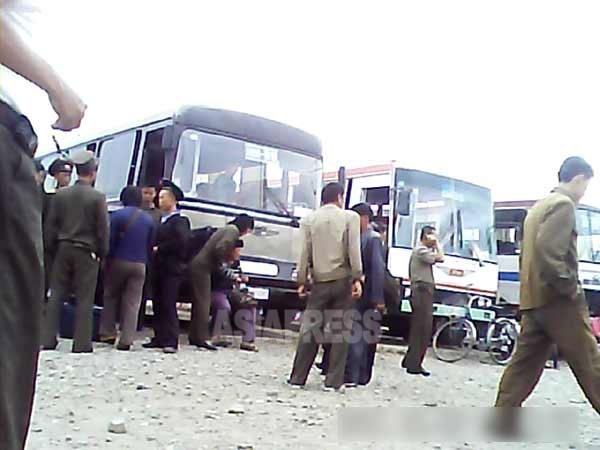
The fare of a state-owned transport like trains and the city buses is a fixed price, however, that of “servi car” and “bori bus” depend on market prices that depend on resource prices (such as gasoline prices). The graph below shows the fares of trains and buses for main lines, based on our survey inside North Korea.
Next page: The fare table of the state-owned railway connecting northern parts of North Korea and Pyongyang
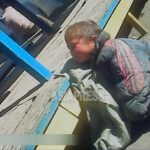
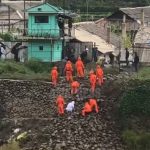
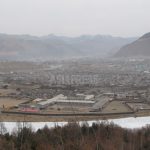
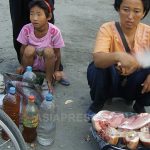
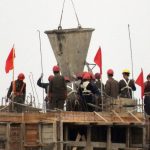
![[Video Report] What do the ordinary people eat in N.Korea? There are many types of food sold at hawker stalls. (Hawker stalls are individually owned food stalls)](https://www.asiapress.org/rimjin-gang/wp-content/uploads/2017/01/7777-150x150.jpg)



















